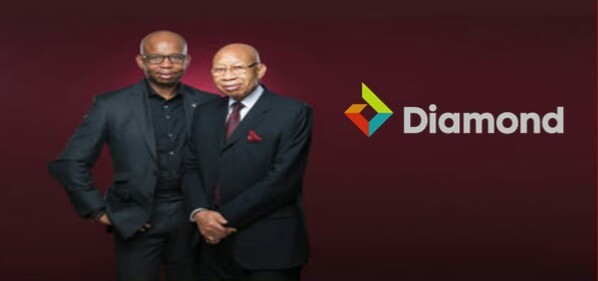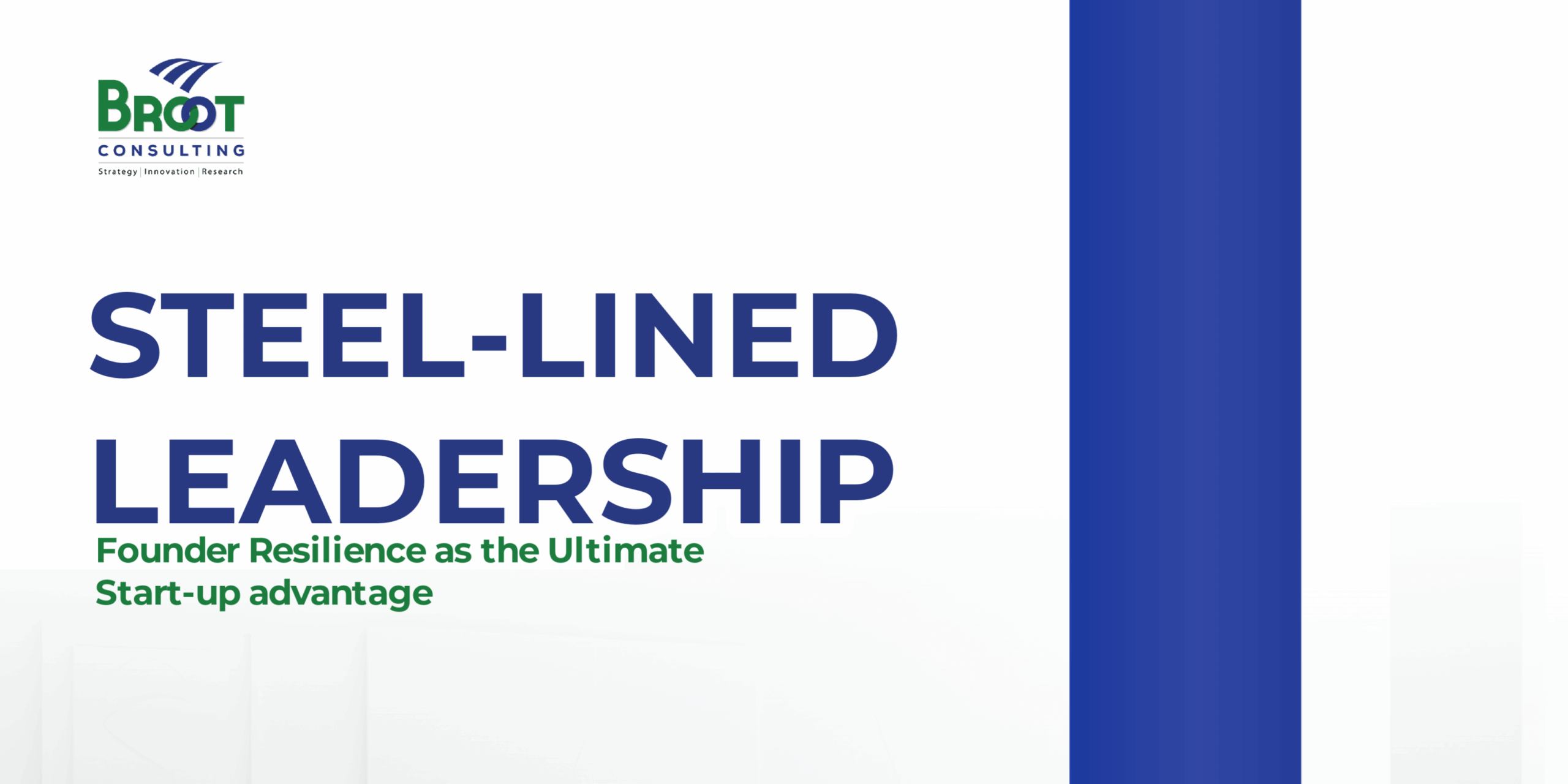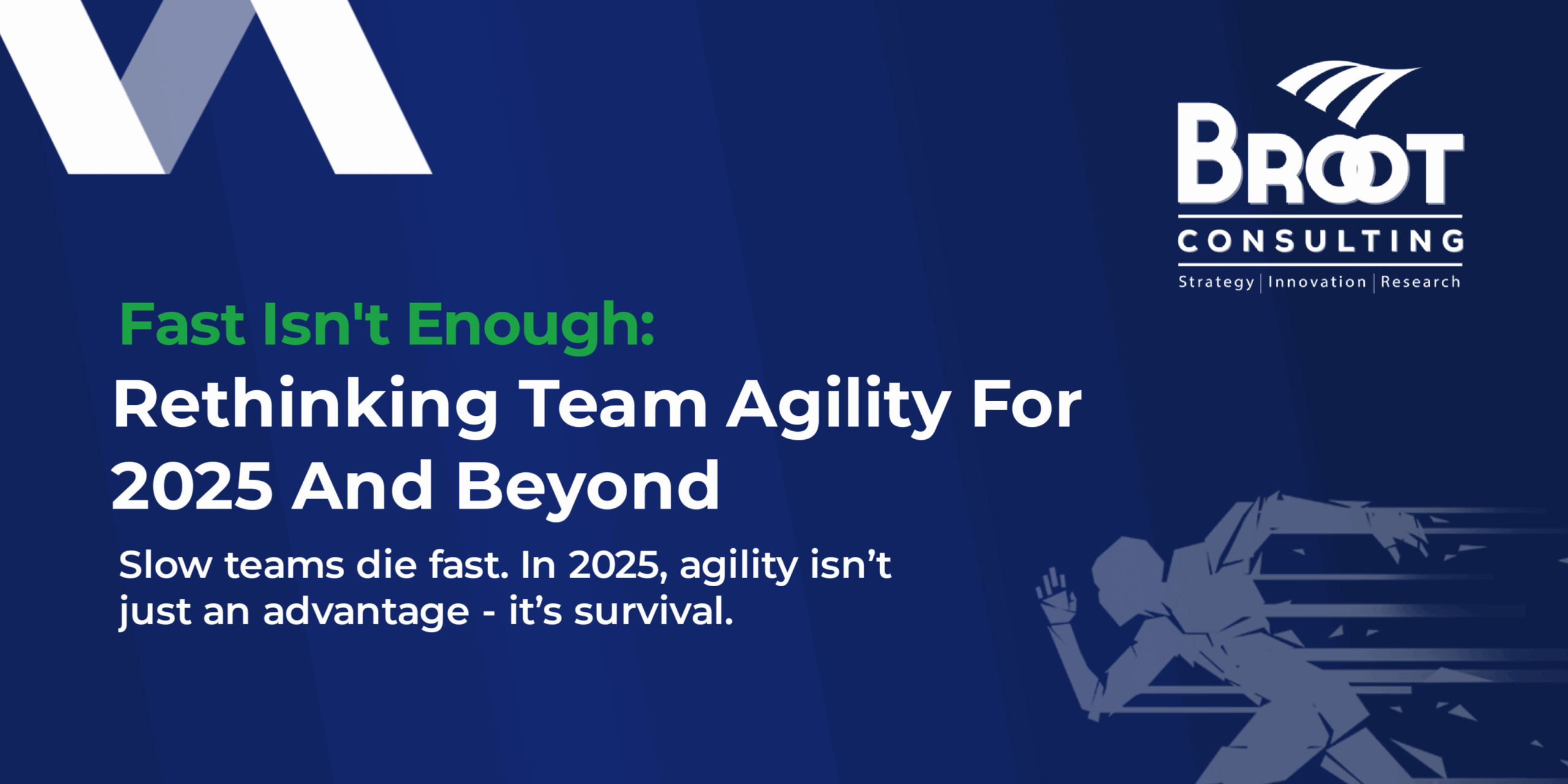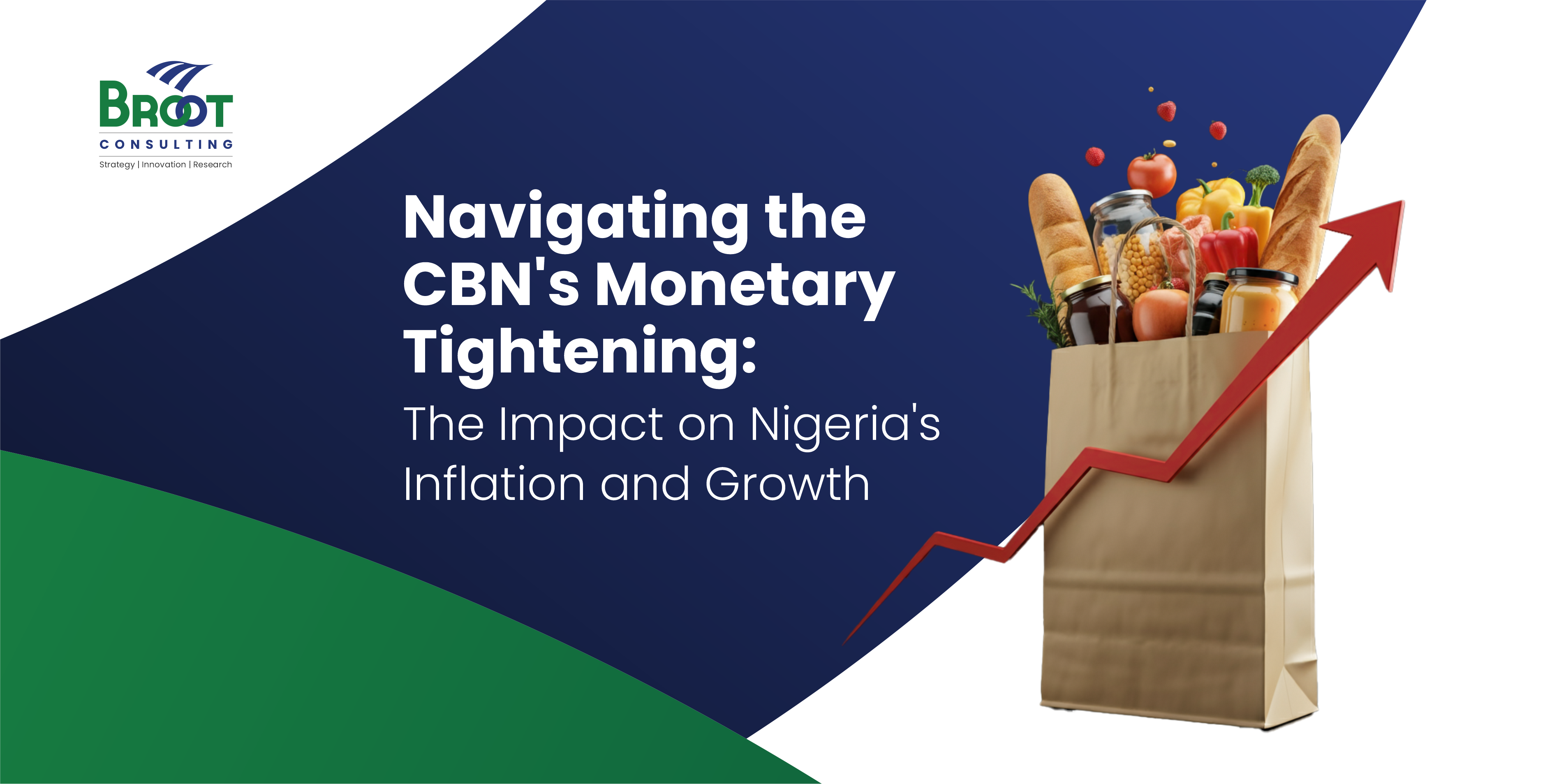Very few things can be more heartbreaking than entrusting the future into the hand of incompetent leaders? The wrong choice of leaders destroys dreams, lives and erode legacies. Recently, the media was awash with the news of the collapse of Diamond Bank, expectedly, there are arguments, sentiments and drama in the public space in respect to the acquisition of the bank by Access Bank. While failures should not be celebrated, it is also instructive that it is not covered, least others continue to make the same mistake. Enterprise failures and societal woes will continue unabated as long as the wrong people are appointed to lead. How and Why do unqualified or the least qualified candidates get appointed into a position of authority? Many may argue that it is for lack of insight, poor judgement, sentiments, ego or preservation of self-interest on the part of the decision makers.

Diamond Bank was once a highly promising bank in Nigeria. Upon its establishment, it introduced radical innovation into the Nigerian banking sector. In 1992, through its Diamond Integrated Banking System (DIBS), it eliminated the prevalence of cash transactions and allow customers to operate their account from any branch of the bank. The system was a major relief to customers, especially traders who hitherto had to carry lots of cash around to buy their wares only to be robbed on their way. Gradually, the bank became a highly recognisable bank in Nigeria with a view that in no distance future it will become one of the biggest in the country. However, that dream is now in the past. So what went wrong at Diamond bank and how could we learn from the experience?
A Glimpse into the Diamond History
Until its takeover in 2019, the bank, which was established in 1991 by Pascal Dozie, had had four CEOs. The first being the founder and Patriarch of the Dozie dynasty and the latest being the heir apparent of the Dozie Dynasty. Pascal Dozie (the founder) served as CEO from 1991-2006 when he retired, Emeka Onwuka succeeded him and served from 2006-2011. Emeka led the bank to a mandatory industry-wide recapitalisation. He got the Company listed on the Nigerian stock exchange and expanded its operation to other countries in West Africa Sub-region. The third CEO was Alex Otti, who served from 2011 to 2014. He is credited to have radically transformed the bank, the Chairman of the bank at that time, Igwe Achebe, described Alex Otti’s tenure as the “the brightest years of Diamond Bank’s 24 year-history”. However, his tenure came to an abrupt end as he left the bank for politics and contest in the Gubernatorial election of Abia State, South-East, Nigeria. The last and the final CEO of Diamond bank was Uzoma Dozie. He took over from Otti in 2014; however, his tenure witnessed the severe decline and the eventual collapse of the Diamond brand.
Diamond Bank Performance Trajectory
A look into the tenure of the various CEOs revealed the following; Pascal Dozie was the founder of the bank and the longest-serving CEO. He nurtured the bank into national prominence. At the expiration of his tenure, Pascal Dozie had built a solid bank, and despite the debts, the bank still had an NGN5.445 billion Profit After Tax (PAT). During Emeka Onwuka tenure, the bank performance in terms of profitability was a follow N3.97 billion in 2006; N7.09 billion in 2007; N12.8 billion in 2008; and N1.33 billion in 2009. In 2010 and 2011 it recorded N11.2 billion and N13.9 billion losses respectively. When the third CEO (Alex Otti) took over, the losses were reversed, and the bank recorded a significant turnaround, PAT was as follows N22.1billion in 2012, N32.5 billion in 2013; and N28.4 billion in 2014. Within the space of three years, its asset grew by 209% (from N564.9 billion to N1.18 trillion) in 2014. The Bank deposit grew from N565 billion in 2011 to NGN2Trillion in 2014. It was also ranked as the number three most customer-centric bank in Nigeria in KPMG customer satisfaction rating. The fourth and the last CEO of the bank was Uzoma Dozie, under his watch, the bank’s performance nose-dived. PAT fell from NGN28.4billion to N5.7 billion in 2015, then N3.5 billion in 2016 and a loss of N9.01 billion in 2017. By 2018, the CEO without the knowledge of the board began a merger/acquisition talks with Access bank thereby foreclosing the possibility of recovery. Quite tragic that the patriarch of the Dozie family: Pascal Dozie started the bank and the Heir Apparent of the Dozie Family (Uzoma Dozie) buried the bank.
What went wrong?
Is the appointment of the last CEO of the bank, a strategic misfit occasioned by poor governance oversight? In an article published by Peace Hyde in the November 2018 edition of Forbes, the appointment of Uzoma. In the article titled The Money Men Of Nigeria’s Banking Industry, she observed that the CEO only “went to banking for the love of the father,”… He just had to love banking. His father built a bank which he wanted him to run; he had no choice” His academic background possibly lay credence to the claim. Studied Chemistry at the University of Reading, Berkshire, England, obtained a master’s degree in chemical research at the University College London (UCL) and MBA at Imperial College London. Compared this with his predecessor, the gap in experience and achievement was glaring. Alex Otti graduated with First Class honours degree in Economics in 1988 and emerged the overall graduating student in his University. He also earned an MBA from the University of Lagos and before his appointment as Diamond CEO, he was an Executive Director at the Oldest and Largest bank in Nigeria: First Bank Nigeria Plc.
A Diamond Ruined by ineptitude and Bad Culture
Transiting from one administration to another comes with lots of challenges chief among which is a possible disruption to a winning culture. Most new CEOs tend to play to the gallery by doing things with sentiment; therefore, they dismantle the inherited structure and remove competent teams at will. Under the leadership of Uzoma Dozie, the prevalence culture is that of eye-service, loyalty is celebrated above performance. competent teams are replaced with allies who had little or no experience in leadership positions. There is also a cultist culture whereby employees blindly follow the leaders and take leaders’ opinion as fact, thus, killing the culture of healthy debate and diversity of opinions. In addition, is a culture of impunity, in his letter to the regulatory authorities, the Bank Chairman Seyi Bickerstheth pointed some of the major decisions taken by the CEO include the following: discussion on acquisition by Access Bank without prior knowledge or input from the board, the construction of the new corporate head office progress in terms of costs and status without budgetary allocation, board discussion and approval. The CEO attempted to reduce the Bank Independent Director from five to one and even announced their resignation.
Leading the Leaders: How might we?
Selecting anyone into a leadership position should be considered a life and death matter, a good leader is a blessing, he or she preserves the legacy of the organisation and leave the people with a bright future. An incompetent or bad leader, on the other hand, is a curse to any organisation or society, they bring divisions and crisis, they undermine the present and destroy the future. The Chairman of the bank in his letter to the CBN stated that “bank that now appears to be adrift with no direction and leadership.”
The board of any organisation must live above board when it comes to the selection of anyone into leadership, unfortunately, the corporate governance culture at Diamond Bank was not at its best. In appointing a successor, it is crucial to consider the following:
- Let the right person occupy the “throne”: according to Ram Charan article in 2005, “CEOs are being replaced badly.” Up to 40% of new CEOs fail to meet performance expectations in the first 18 months. At Diamond, the bank Profit fell by 78% in the first year of Uzoma Dozie, and by 2017, the bank recorded a loss of NGN 9billion. The board had sufficient pointer to change the management however the board failed in its oversight function. To get the best candidates, the board should be adept and have an open mind in picking the most qualified person.
- Establish an independent and competent board: The Dozie family was the second biggest shareholder in the bank, with a direct interest of 5% shareholding and 9% indirectly holding through Kunoch Ltd. This gives the family a total of 14% stake in the bank. The largest shareholder is Carlyle Fund with 18%. Did the Diamond board sacrifice the interest of banks for that of its founder? Why did the board not do anything once it observed a continued decline in the performance of the bank? An effective board should be fearless and protect the interest of the shareholders regardless of whose Ox is gored. A good example is Jack Griffin who was removed from the position of CEO of Time Inc.’s magazine division only after five months in office.
- Never delay the removal of an Incompetent leader: when a decline in performance continues unabated, a major shareholder (CSSAF DBN Holdings) of the bank demanded the immediate removal of management principally the CEO but the Board favoured a less drastic approach to minimize disruption and also enable the Board to secure new leadership. However, the ineptitude on the part of the board is a major reason for the bank collapse.
- Don’t overlook Personal lifestyle and Taste. An essential consideration in the appointment of a leader is the personal life of such candidate. What does the candidate personal life say? In his book, Leadership for the Twenty-first Century, Joseph Rost observed that CEOs who spent lavishly in their personal lives were more likely to oversee corporations with loose internal financial controls.
- Be honest to make the best decision for the Company: One of the most memorable accounts in corporate history regarding the appointment of a CEO for a family-controlled enterprise is from Bill Marriot. He grew his father’s hotel chain into a great success, by the end of 2012, Marriott had about 3,800 properties in seventy-three countries and annual revenue of USD$11.8 billion. In his article, Marriott’s Executive Chairman on choosing first non-family CEO in Harvard Business Review he narrated how he dropped appointing his son in preference for a non-family CEO and the first of such in the 82years history of the Company.
This is what he had to say:
“I have four children, and I had always hoped that one of them would succeed me as CEO…my son John, who is 52….started at the bottom, as a cook in the kitchen. He went on to work in nearly every part of the business over the next 30 years. He spent most of his adult life preparing to succeed me as CEO. He devoted his heart and soul to learning the business. If I’d followed my own heart, I probably would have chosen John as my successor. But as time went on, I realised that it wasn’t the right fit—not for John, and not for Marriott. As personally as disappointing as that was to both of us, I had to make the right decision for the company.”
Arne Sorenson was appointed CEO. Bill Marriott, knew his son prepared to succeed him, he discovered, however, that the son is more of a field person, he doesn’t like bureaucracy and long meetings associated with the office, though he knew the business inside out but was unhappy being “caged” in the office. He concluded
“Arne officially took over, and I’m quite happy with how the process has turned out. I care too much about Marriott, which has been my life’s work, to make a risky choice. And John is far happier in what he’s doing now than he ever could have been running a $12 billion company.”
Diamonds are not always Forever:
Leadership selection is a significant undertaking if it is done poorly the outcome will have grave consequences. Those entrusted to select leaders should, therefore, develop critical thinking skills and be willing to sacrifice personal interest for the greater good of the organisation. Failure to appoint a candidate with the right fit will eventually bring misery to the organisation, the society and sometimes to those who appointed the wrong candidates. In selecting leaders, the “kingmakers” must be willing to override their interest. A successful CEO must possess critical attributes such as emotional intelligence, Integrity, Empathy, Sound Vision, Humility, Passion for service and skill for sound judgement. Never force an unwilling person who lacks the right attribute and who had no competence or an over-ambitious person to lead an institution, doing so will be the start of another story that Diamonds are not forever.




